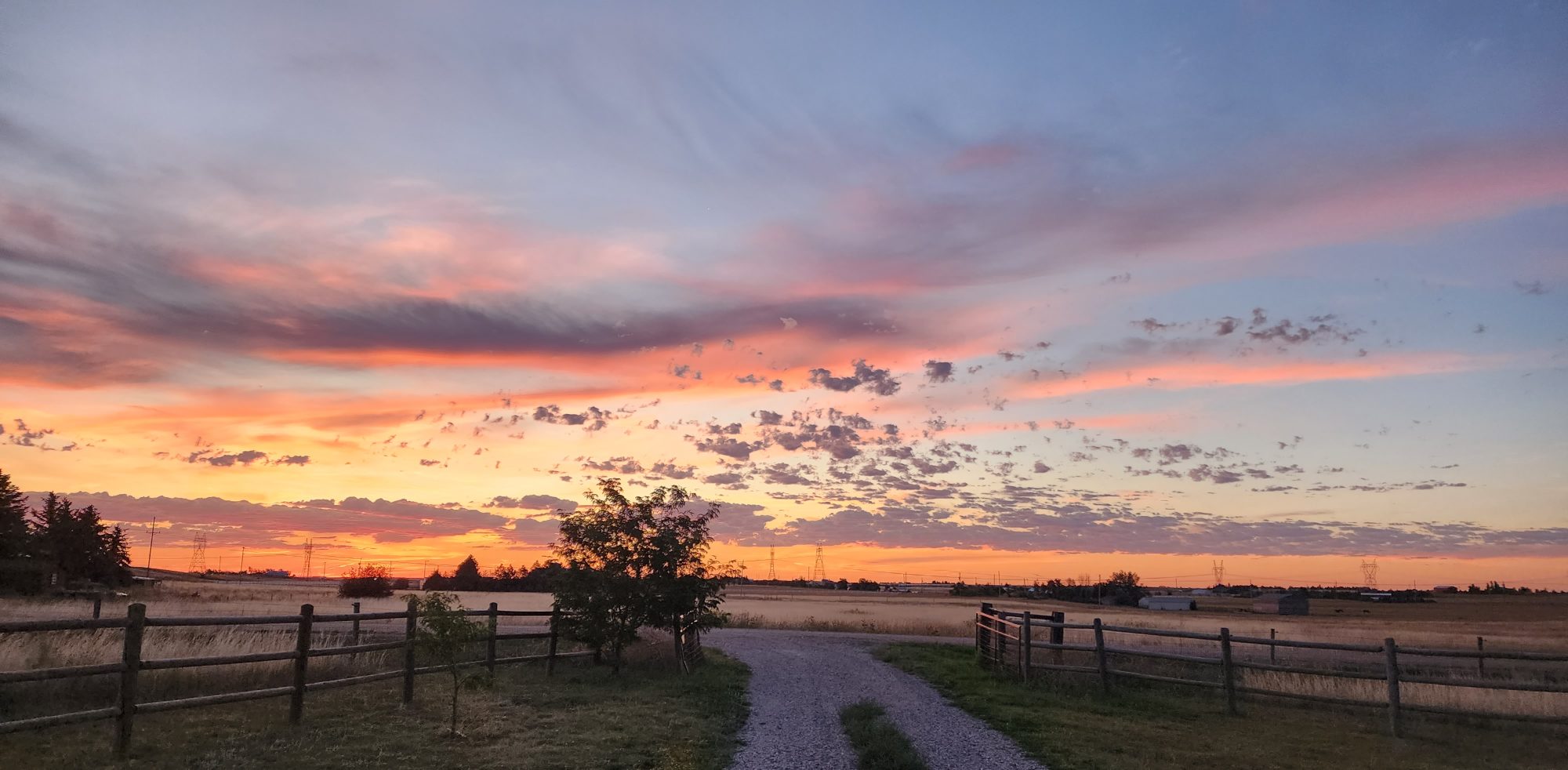I’ve been hesitant to give up homeschool and now I think I know the underlying reason–I have and am learning as much or more than my kids in the process. I get to study what I want to study for once, investigate things and people I want to know about, and spend as much time as I wish. This is probably one of the greatest benefits of homeschool and one of the strongest reasons to homeschool i.e. letting the child investigate what speaks to their heart and not what speaks to the State’s heart.
I grabbed a kids’ book on Gilgamesh more for me than my kids. So I’m reading it and the afterward by a Professor Cyrus Gordon from my alma mater, Brandeis University (I wonder if he’s still around since this book is from the 1960’s). It relates the historical significance/importance of this ancient Mesopotamian tale as it predates the Ancient Greeks and the Bible. Particularly, it mentions the sacking of Jerusalem by the Babylonians in 586 BC (previously thought to have been the first known dates of Mesopotamian cuneiform)–the very subject I am reading about in the Bible in Jeremiah, Lamentations, and now Ezekiel. This is all stuff I never learned in school and so visiting it a second time has been…wondrous.
So, the tale of Gilgamesh is the tale of a man who became experienced and wise in his travels; and learned what all of us must learn in order to be wise (despite having failed in his mission to obtain eternal life): to make the most of our earthly lives without chasing rainbows that are beyond our grasp.
I agree and disagree with this. I agree with making the most of your life, but I see nothing wrong with chasing rainbows. Dreams are what give us life and my writing career is definitely obtainable. In terms of little kids, that’s all my kids do–is chase rainbows, unicorns, Pegasus, dragons, princesses, princes, castles, and fairy tales.
It breathes life into them and that’s all that matters in this world.
I can still learn right along with my kids while they are in school. I don’t have to stop learning (and neither do they) as long as I choose not to. They receive the benefits of being with their peers at a regular school and I can still learn whatever I want whenever I want.
